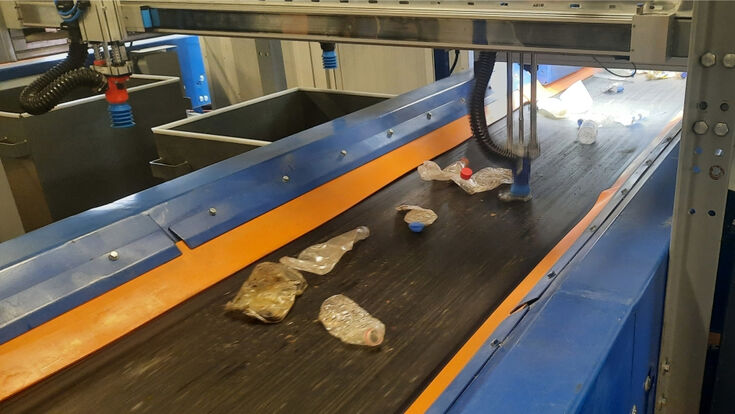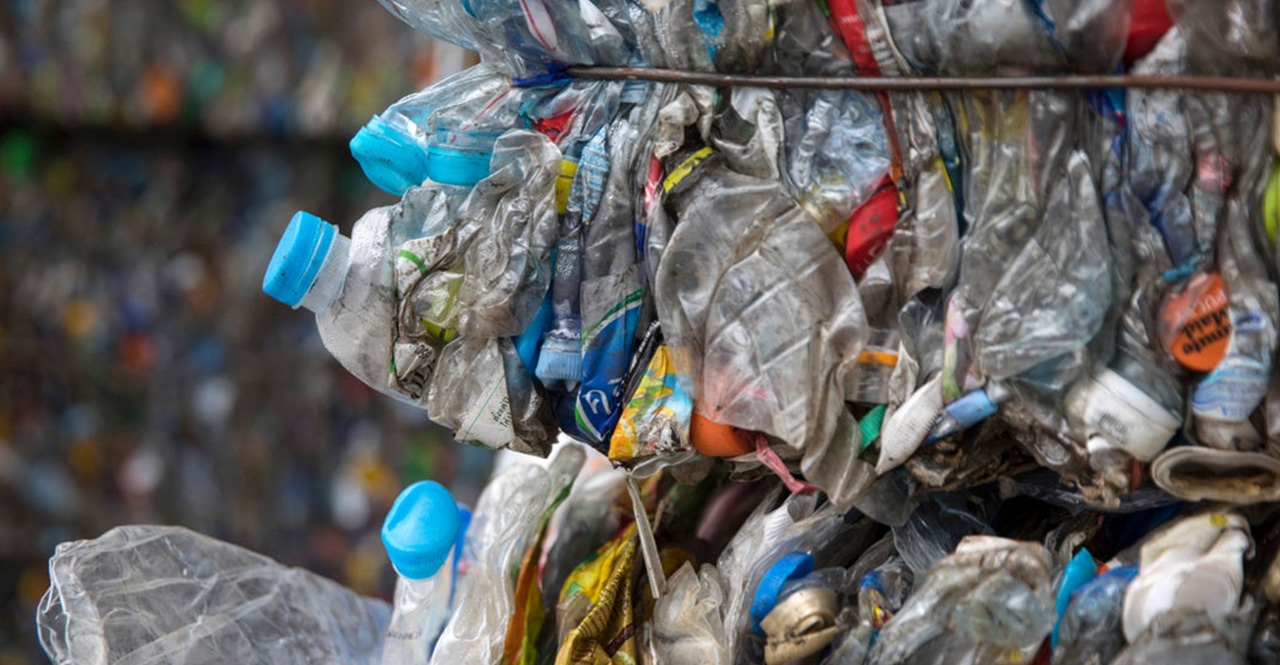Recognizing the Impact of Reclaim Waste Melbourne on Your Industrial Waste Management
Recognizing the Impact of Reclaim Waste Melbourne on Your Industrial Waste Management
Blog Article
Fostering Resource Performance and Environmental Security Via Liquid Waste Elimination Programs
In the realm of ecological stewardship, the management of liquid waste stands as an essential point where source effectiveness and environmental management converge. Fluid waste removal programs play a pivotal duty in safeguarding our ecosystems and guaranteeing sustainable advancement methods. By thoroughly dealing with the disposal of liquid waste, areas and sectors can not just alleviate prospective threats yet additionally unlock chances for reusing and repurposing beneficial resources. As we browse the complexities of waste monitoring in a swiftly developing globe, the harmony between ingenious technologies, strict regulations, and forward-thinking approaches ends up being significantly paramount. Through a lens of proactive involvement and critical foresight, the landscape of fluid waste administration reveals a tapestry of challenges and opportunities that beckon us to explore the course in the direction of a greener and more sustainable future.
Importance of Fluid Waste Elimination
The relevance of fluid waste removal lies in its important role in preserving environmental wellness and protecting public wellness. Liquid waste, if not properly taken care of, can posture major risks to ecosystems, water sources, and human health. With reliable elimination procedures, unsafe materials such as chemicals, contaminants, and virus are prevented from polluting the environment and creating damaging results.
Appropriate fluid waste elimination likewise aids in stopping the spread of diseases and decreasing the capacity for groundwater contamination. By securely getting rid of liquid waste, the threat of waterborne diseases and pollution-related wellness issues is substantially lessened - Reclaim Waste Melbourne. Additionally, efficient removal methods add to preserving the general sanitation and visual appeals of areas, consequently boosting the quality of life for locals
Moreover, fluid waste elimination plays an important role in supporting sustainable advancement and making certain conformity with ecological policies. By adhering to appropriate waste management organizations, methods and industries can decrease their ecological impact and demonstrate business duty. Ultimately, spending in durable liquid waste removal programs is necessary for promoting ecological stewardship and promoting a much healthier, much safer future for all.

Benefits of Effective Disposal
Efficient disposal of liquid waste not only safeguards environmental wellness and public health however likewise generates many benefits that extend past instant control steps. One crucial benefit of effective disposal is the decrease of pollution in water bodies and dirt. By appropriately managing liquid waste, the threat of contamination reduces, preserving ecosystems and securing biodiversity. Additionally, efficient disposal techniques add to resource conservation. Through processes like reusing and energy healing, beneficial sources can be drawn out from liquid waste, advertising sustainability and minimizing the stress on raw products. Taking on reliable disposal methods can lead to cost savings for businesses and areas. By optimizing waste management processes, companies can simplify procedures, lessen disposal costs, and potentially produce income through the sale of recycled materials. Overall, the benefits of efficient fluid garbage disposal are complex, including ecological security, resource performance, and financial advantages.
Technologies for Waste Therapy
Making use of advanced technologies for waste therapy plays an essential role in ensuring the reliable administration and safe disposal of liquid waste. Among the vital innovations employed in fluid waste treatment is biological treatment. This approach makes use of bacteria to break down natural matter in the waste, transforming it right into harmless by-products. Another usual innovation is chemical therapy, where chemicals are contributed to the waste to neutralize harmful parts or precipitate impurities for elimination. Physical treatment approaches, such as filtration and weblink sedimentation, are additionally commonly made use of to separate solids from fluid waste.
Advanced oxidation processes (AOPs) have actually gotten appeal for their ability to weaken persistent natural pollutants in liquid waste via the generation of extremely responsive hydroxyl radicals. Membrane innovations like reverse osmosis and ultrafiltration are effective for separating pollutants from fluid waste streams. Furthermore, thermal treatment techniques such as incineration can be used for the full destruction of harmful parts in liquid waste. Generally, the combination of varied therapy technologies guarantees ecologically friendly and thorough management of liquid waste.
Duty of Regulations and Compliance
In the realm of liquid waste management, adherence to regulatory structures and conformity criteria is extremely important for safeguarding environmental health and sustainability. Regulations play a vital function in regulating the appropriate handling, treatment, and disposal of fluid waste to prevent harm to communities and human health. By establishing clear standards and requirements, regulatory bodies ensure that companies and individuals associated with fluid waste administration operate in an eco liable way.
Conformity with these guidelines is not only a lawful demand but additionally a moral obligation to secure the atmosphere for future and existing generations. It includes implementing ideal methods in waste collection, treatment, transport, and disposal to minimize ecological impact and advertise resource performance. Non-compliance can cause penalties, legal activity, and reputational damages for companies, highlighting the browse around this site value of supporting governing criteria.

Future Patterns in Waste Management

An additional key trend in waste management is the fostering of innovative information analytics and man-made intelligence to optimize waste collection courses, improve sorting procedures, and improve overall functional performance. These innovations enable waste management firms to make data-driven choices, causing cost financial savings and ecological benefits.
Furthermore, there is a growing focus on the advancement of decentralized waste management systems, such as onsite treatment facilities and mobile waste processing devices. These systems supply adaptability and scalability, enabling for much more reliable waste handling in diverse atmospheres.
Final Thought
In verdict, fostering resource efficiency and environmental management with fluid waste elimination programs is essential for lasting development. Reliable disposal techniques, advanced modern technologies for waste therapy, and stringent laws play key functions in minimizing environmental effect. Looking in advance, continual technology and enhancement in waste administration techniques will be essential for resolving the expanding obstacles of liquid waste disposal.
In the realm of ecological stewardship, the administration of fluid waste stands as an essential juncture where source efficiency and ecological security assemble (Reclaim Waste liquid waste removal).Using sophisticated modern technologies for waste treatment plays a critical role in making certain the reliable administration and risk-free disposal of fluid waste.In the realm of fluid waste management, adherence to regulative structures and compliance requirements is extremely important for protecting ecological wellness and sustainability.In final thought, fostering resource performance and environmental security with liquid waste removal programs is crucial for lasting advancement. Looking in advance, continuous technology and renovation in waste monitoring techniques additional info will certainly be essential for dealing with the expanding challenges of liquid waste disposal
Report this page